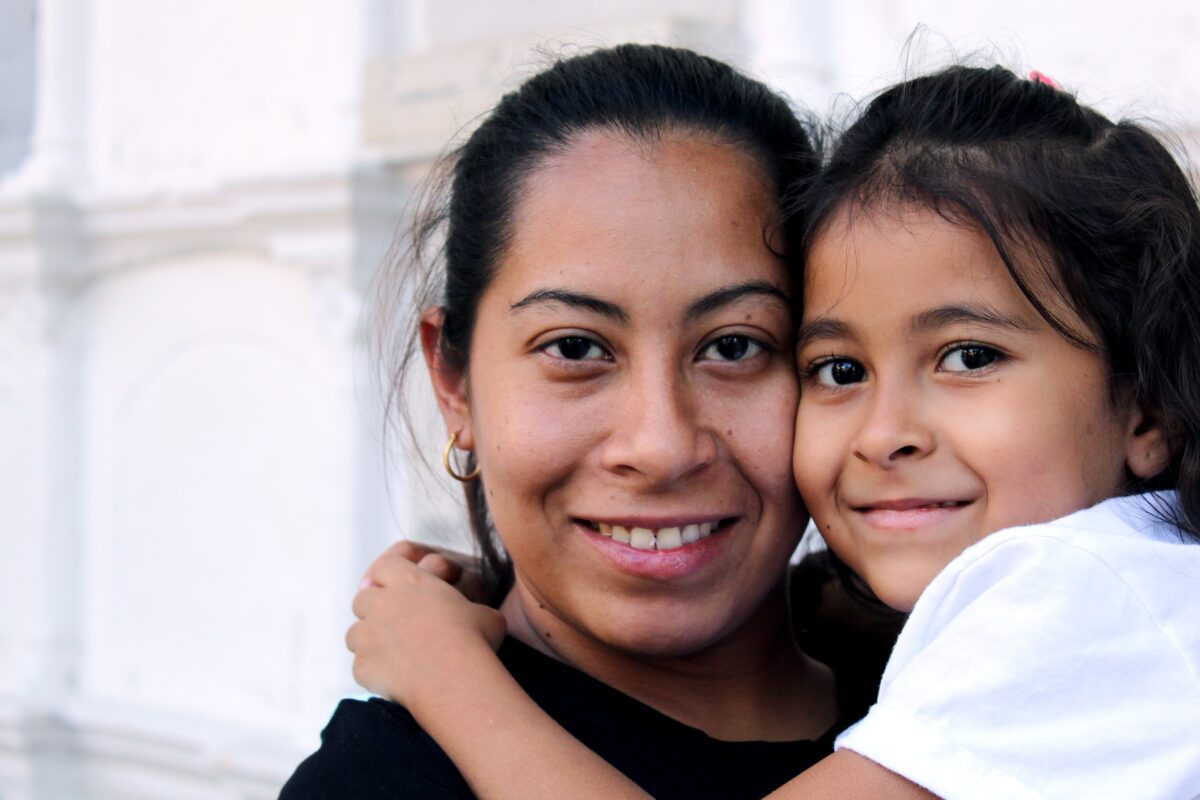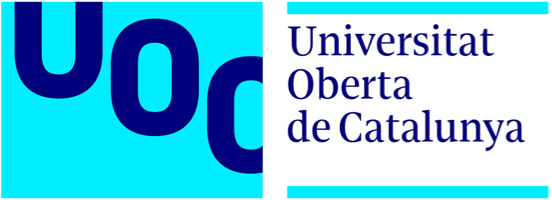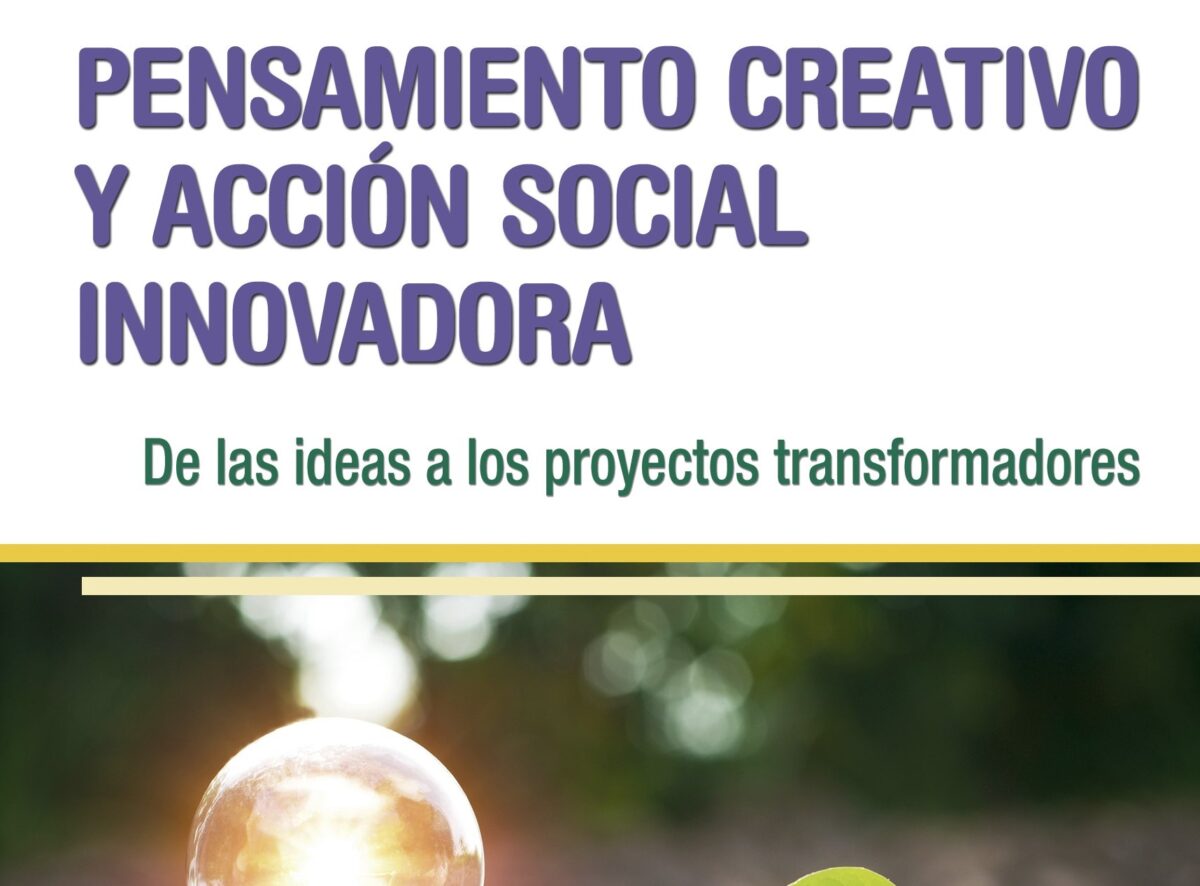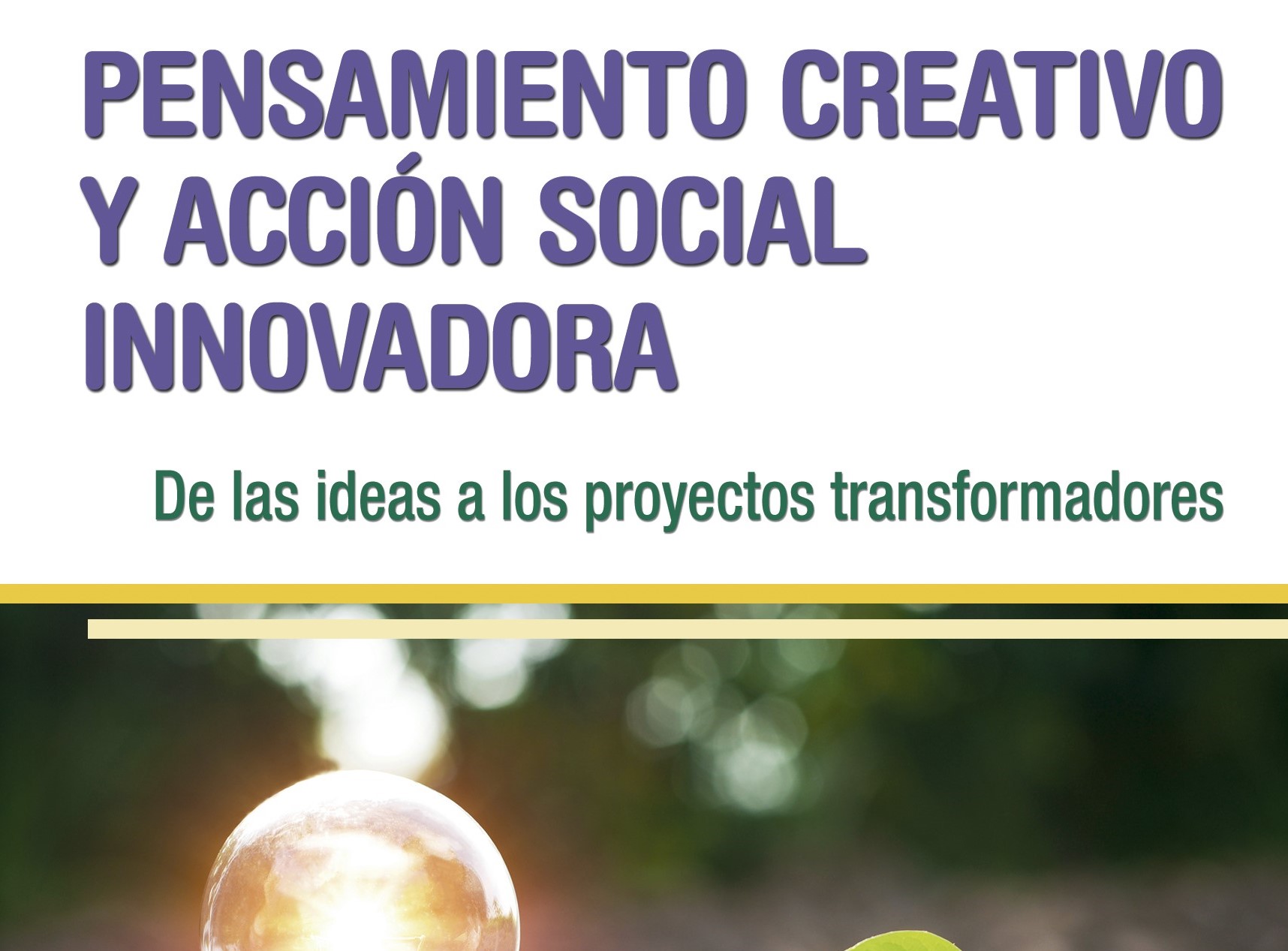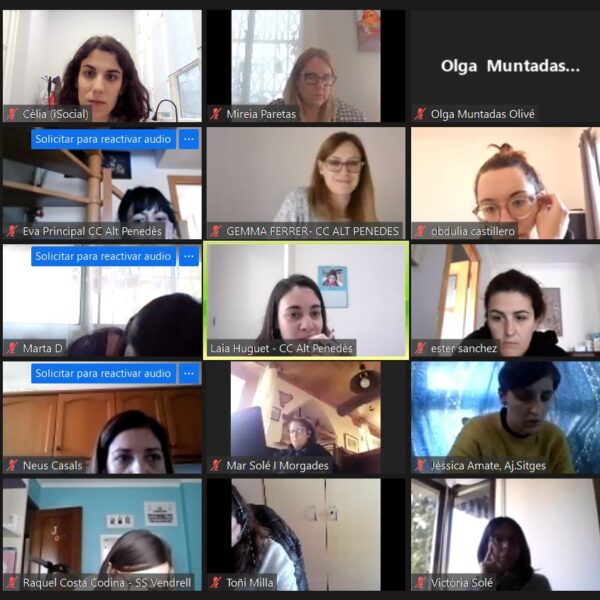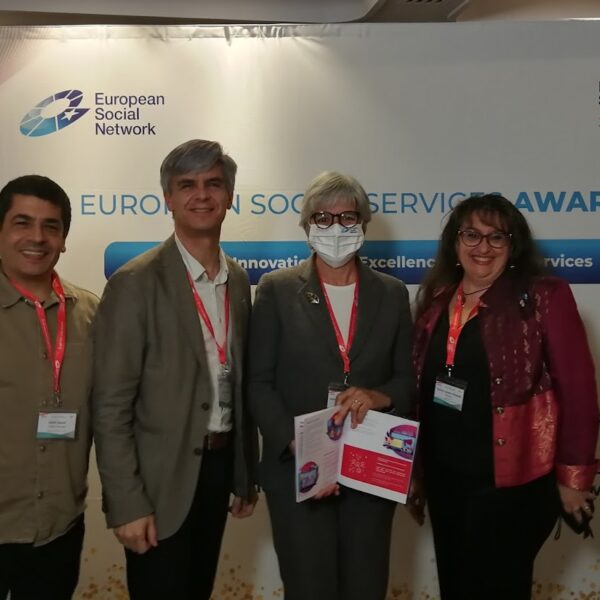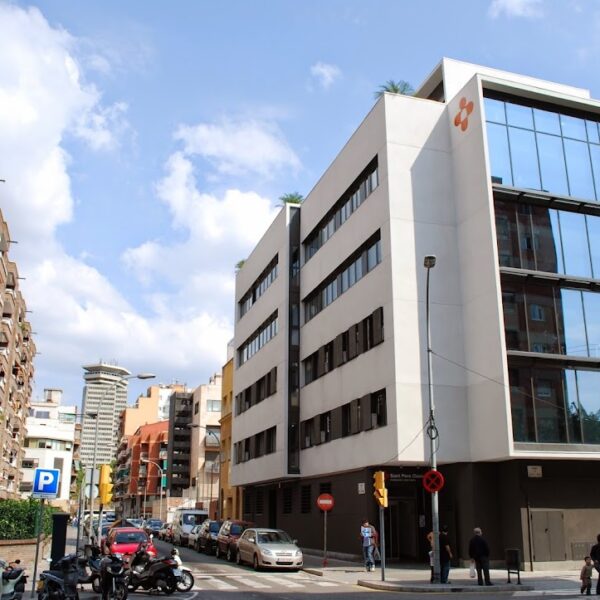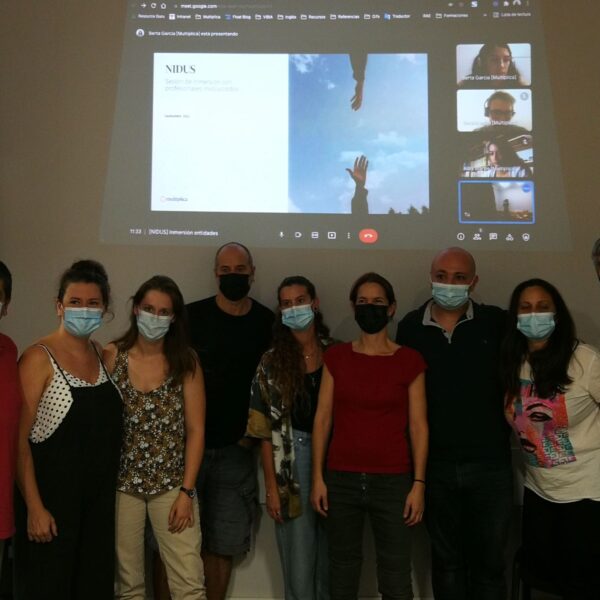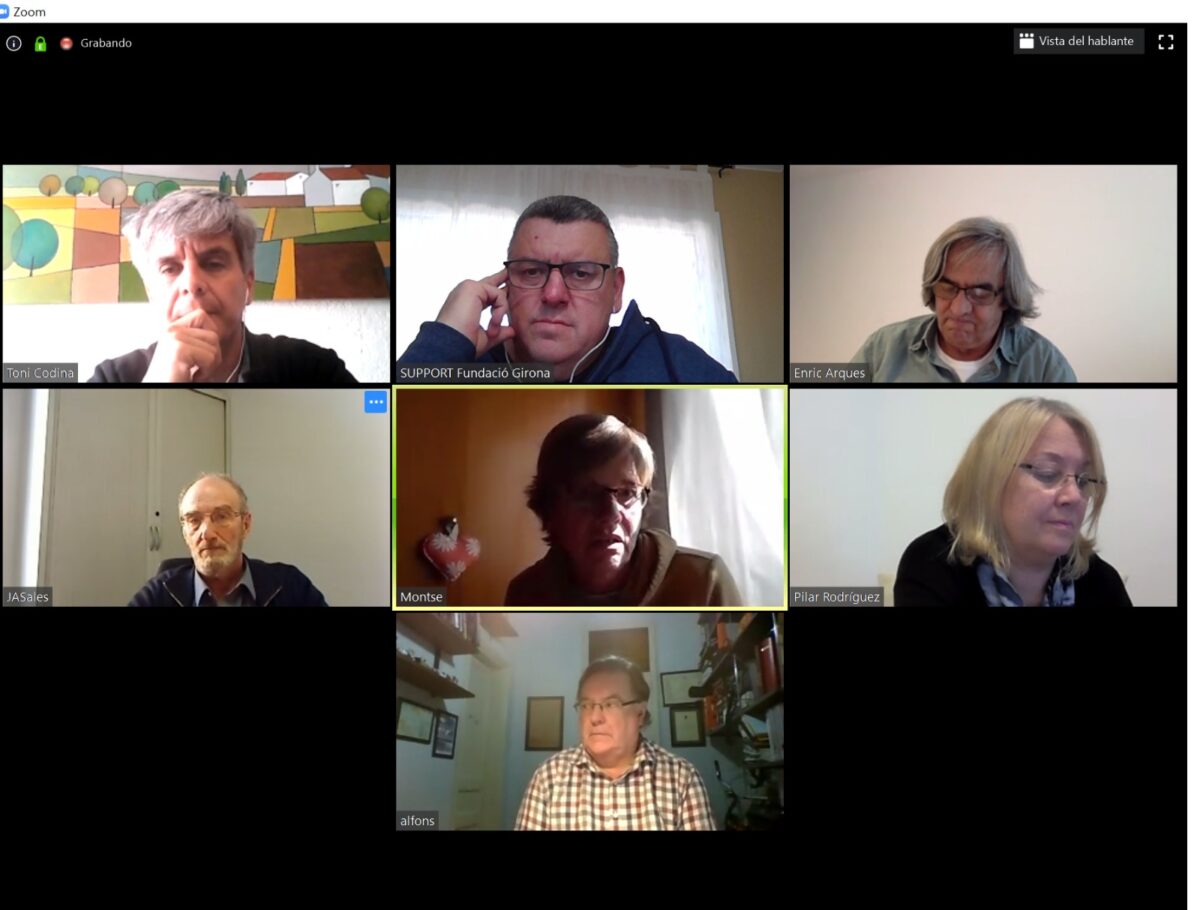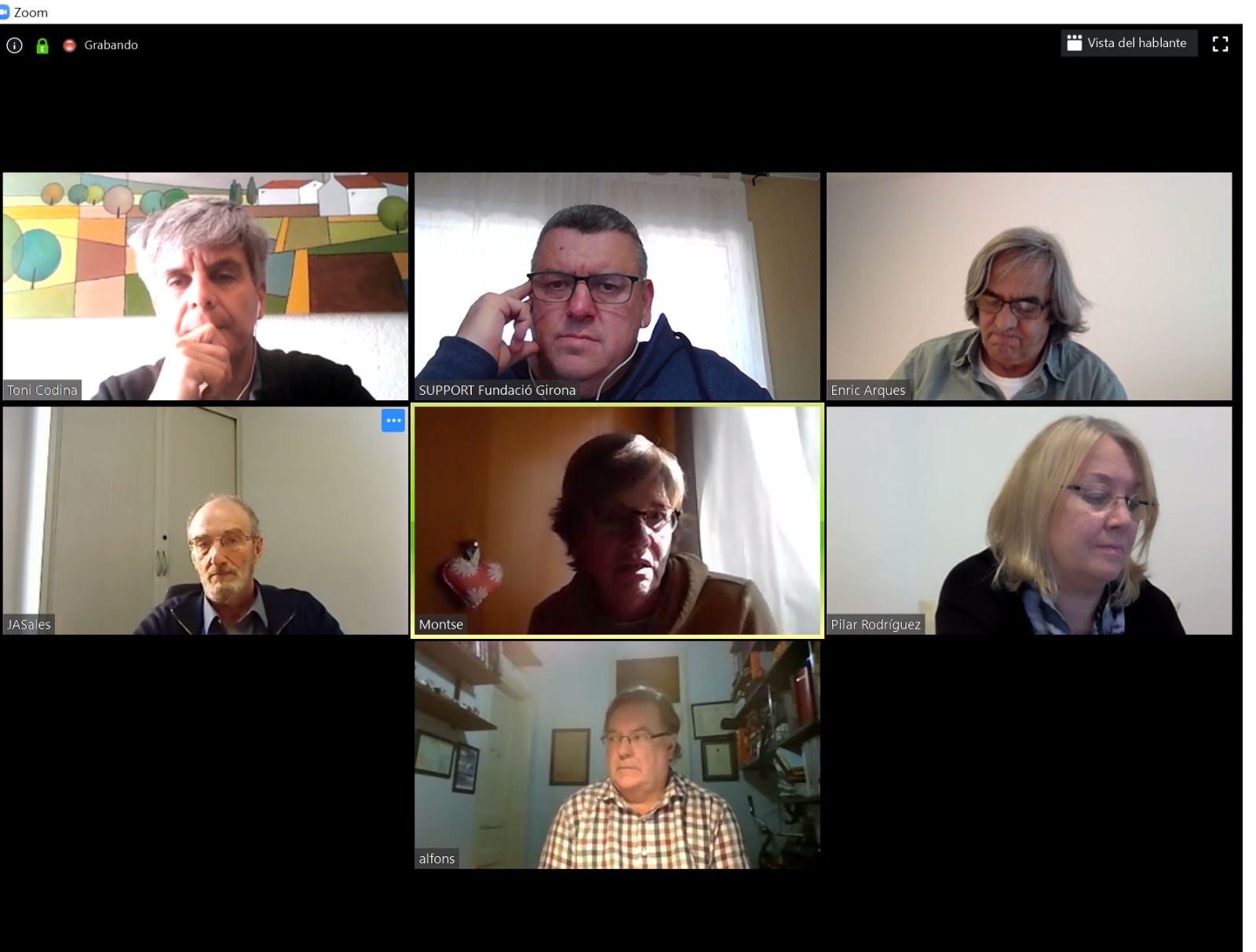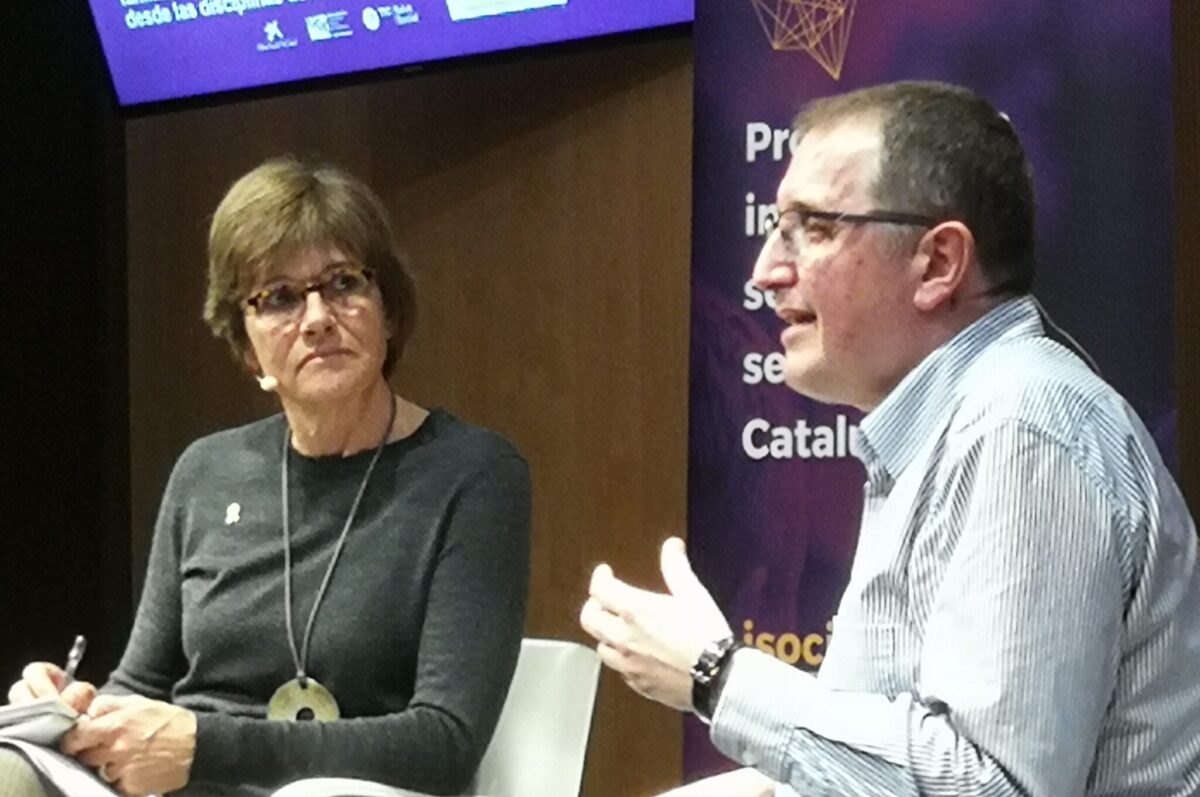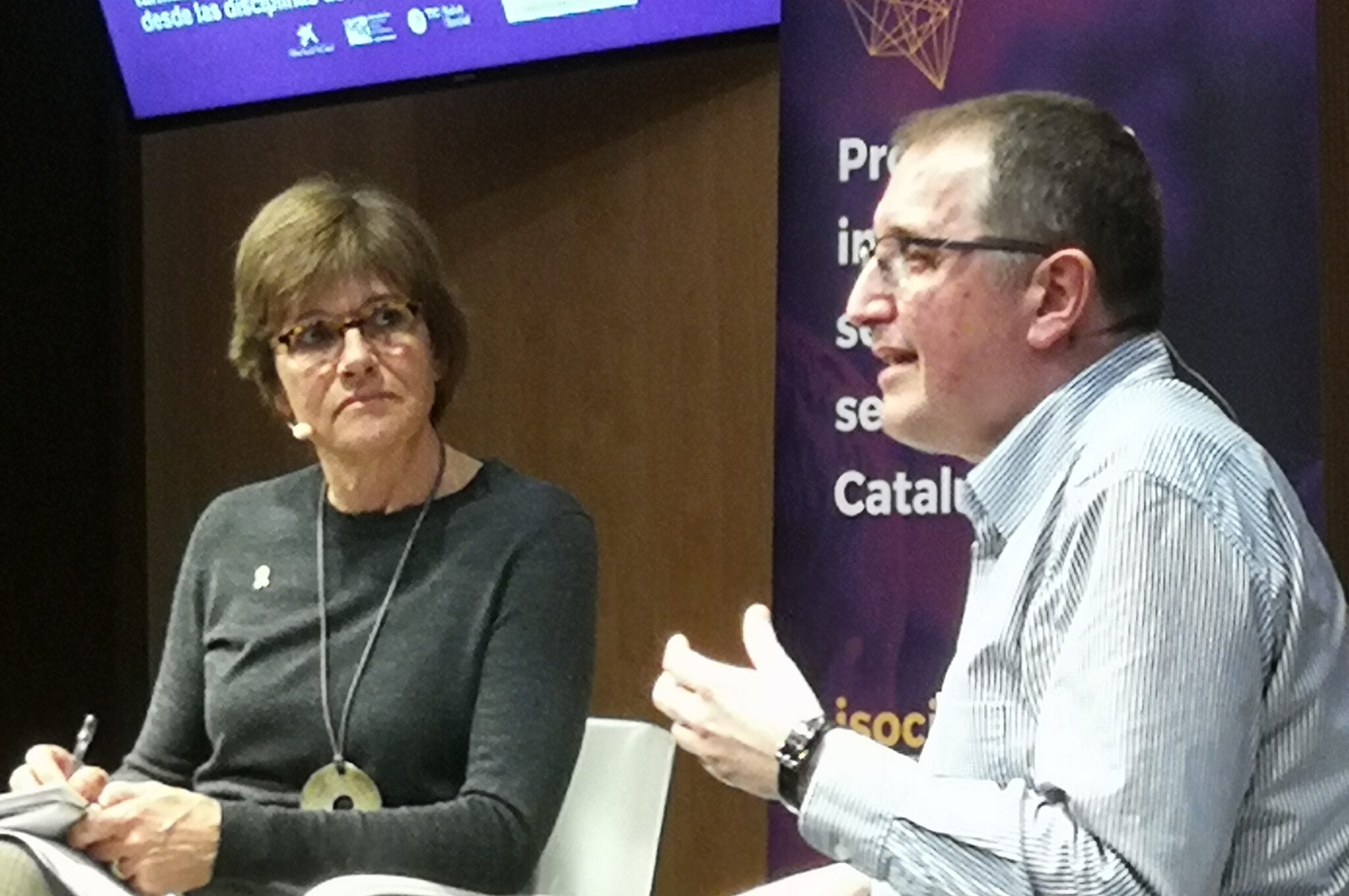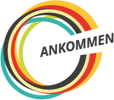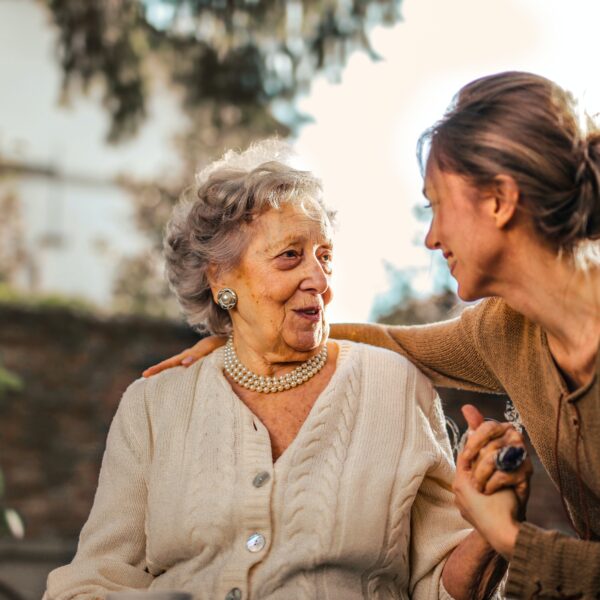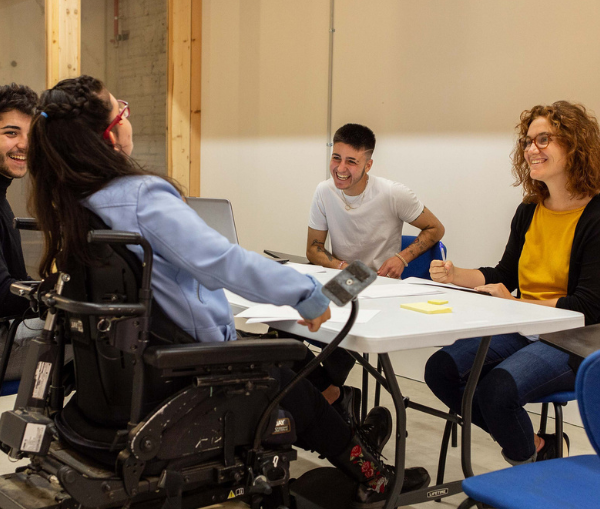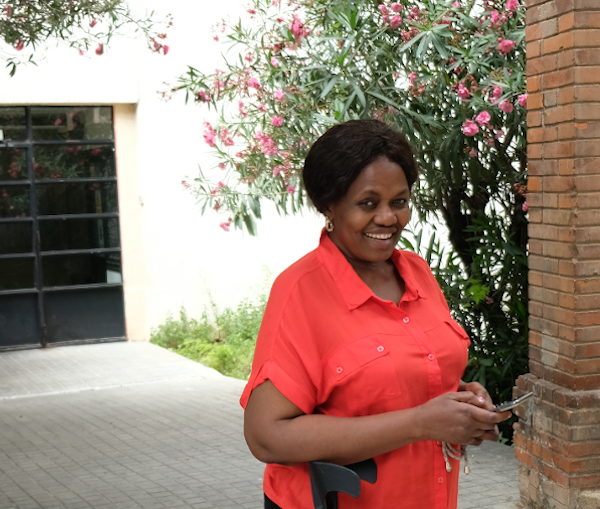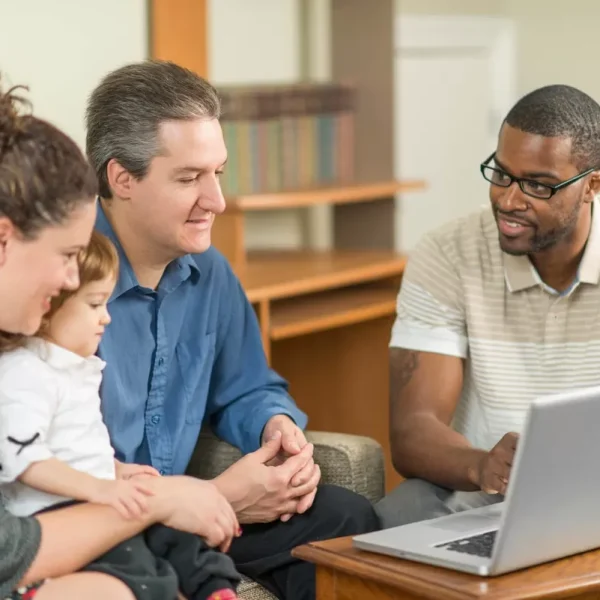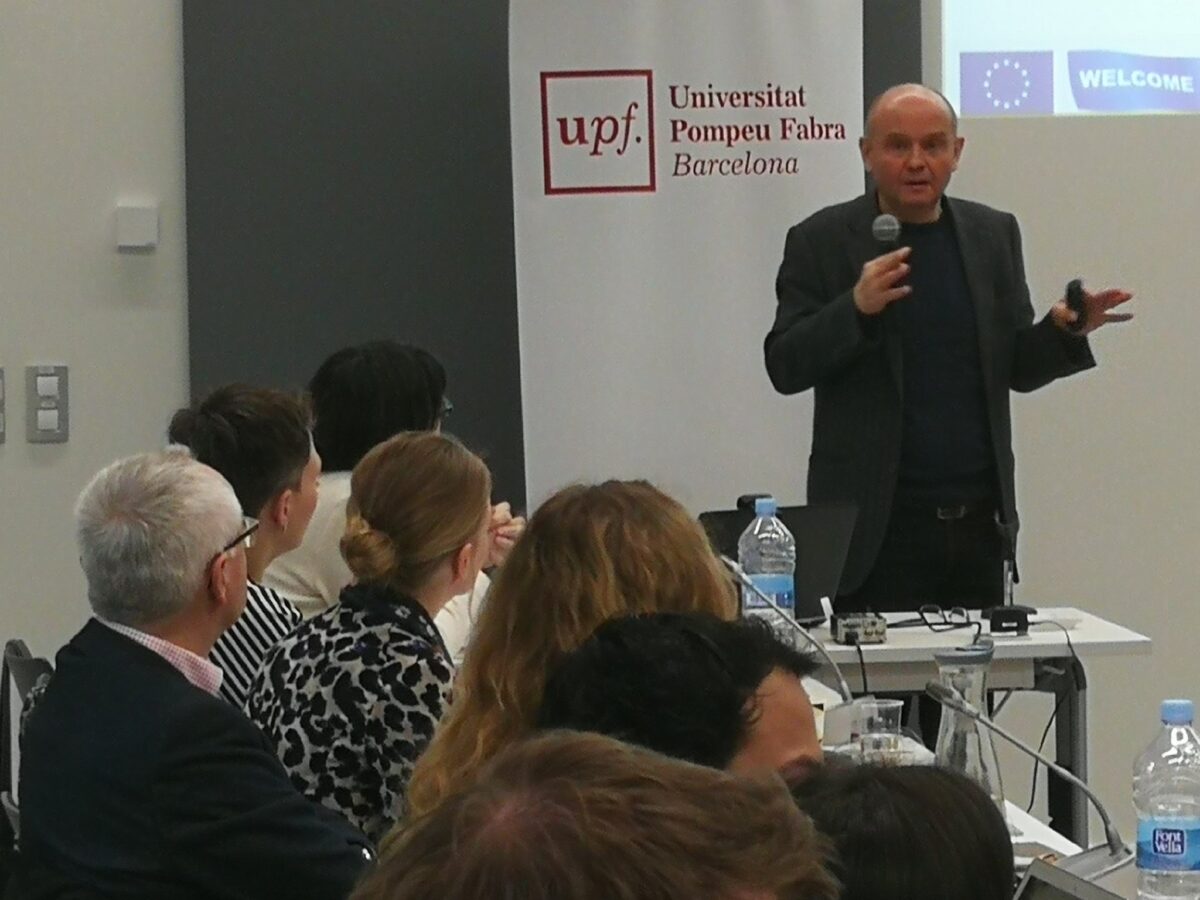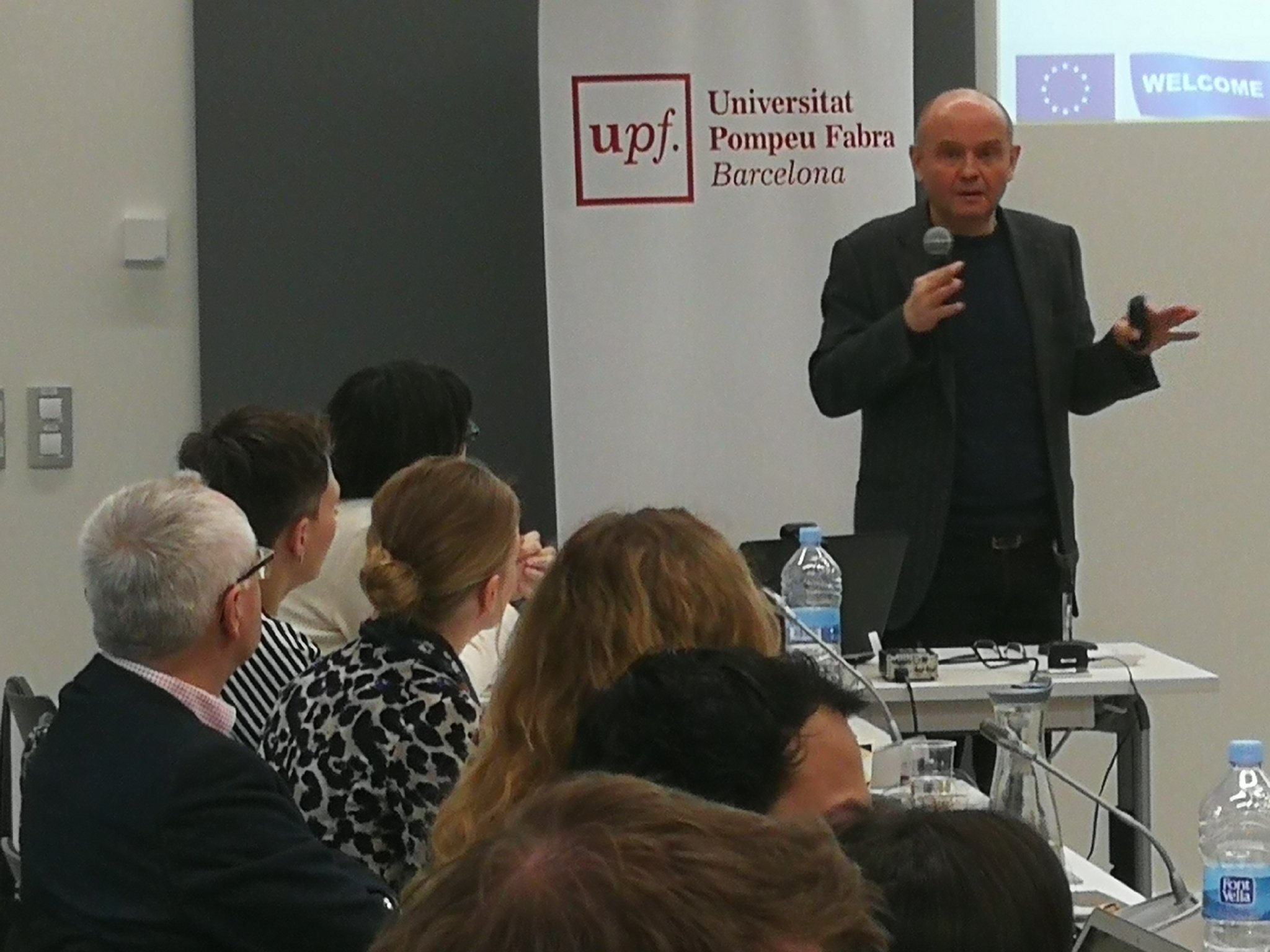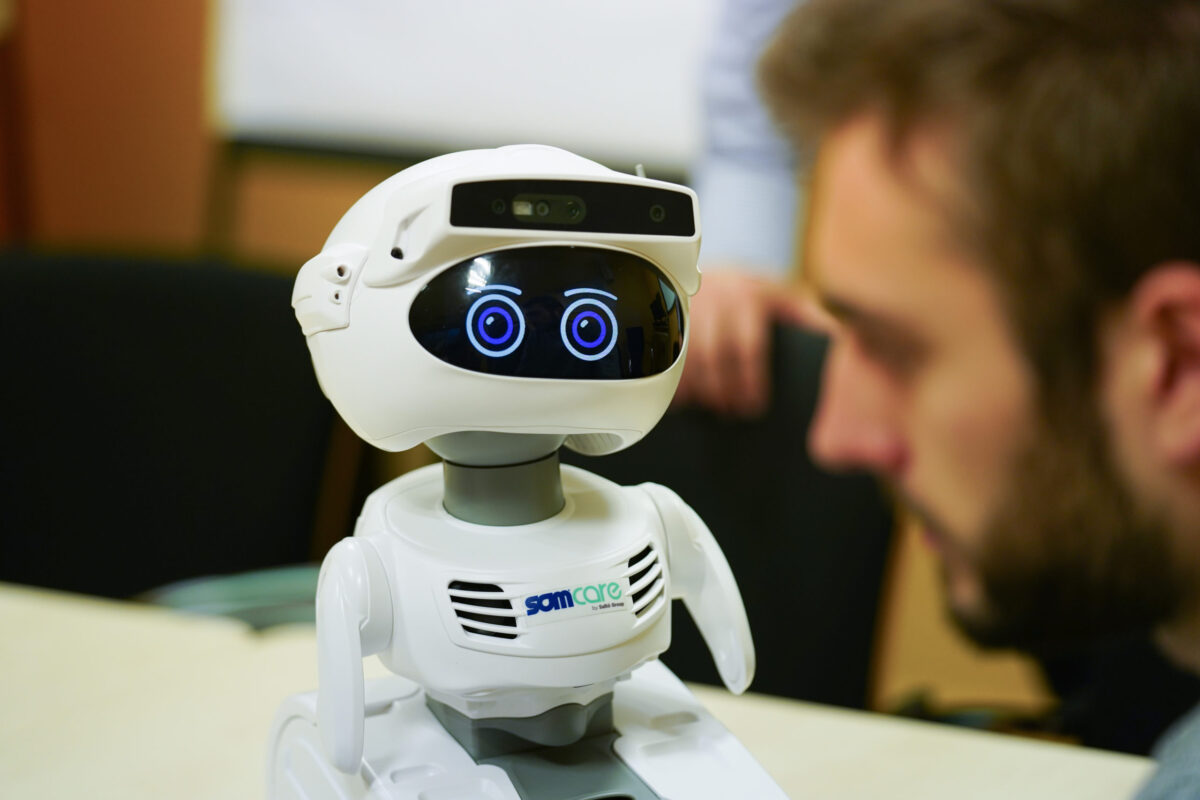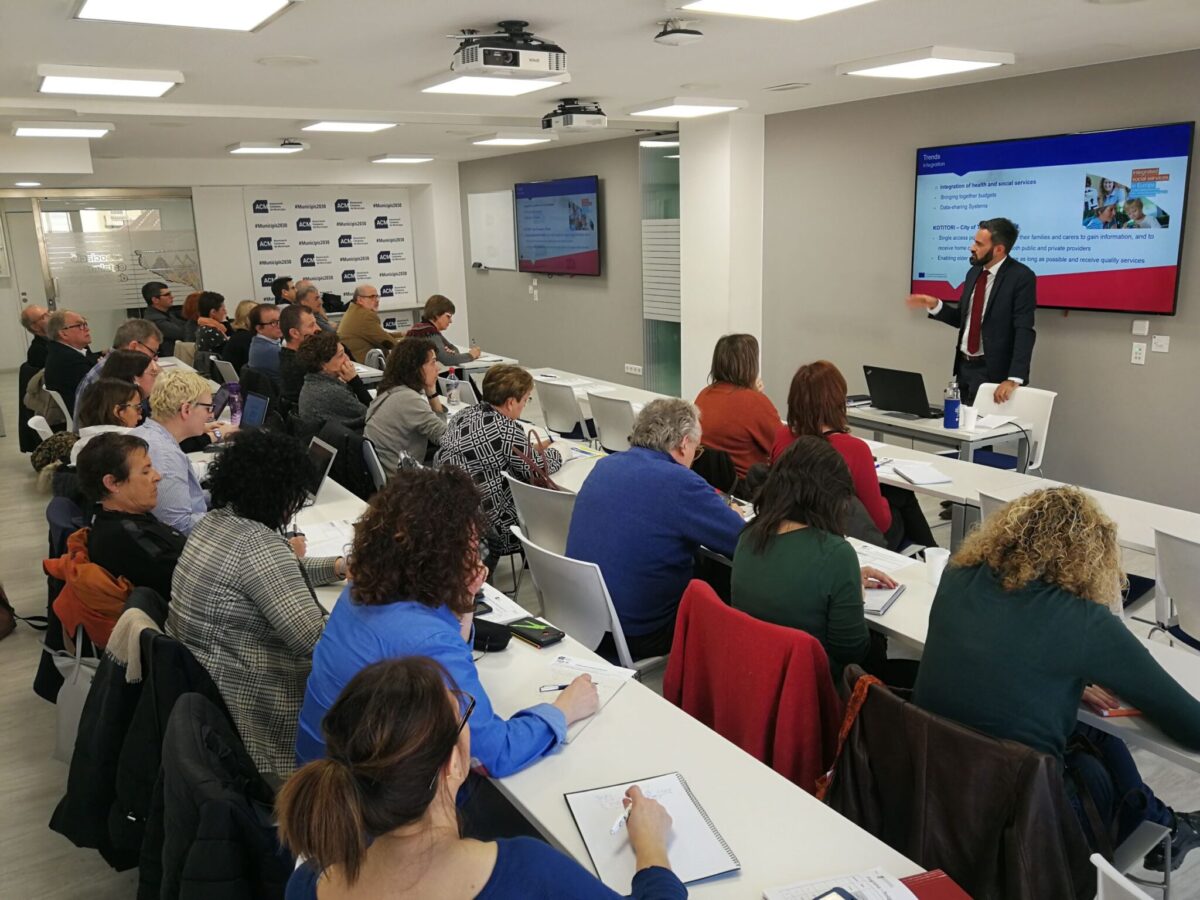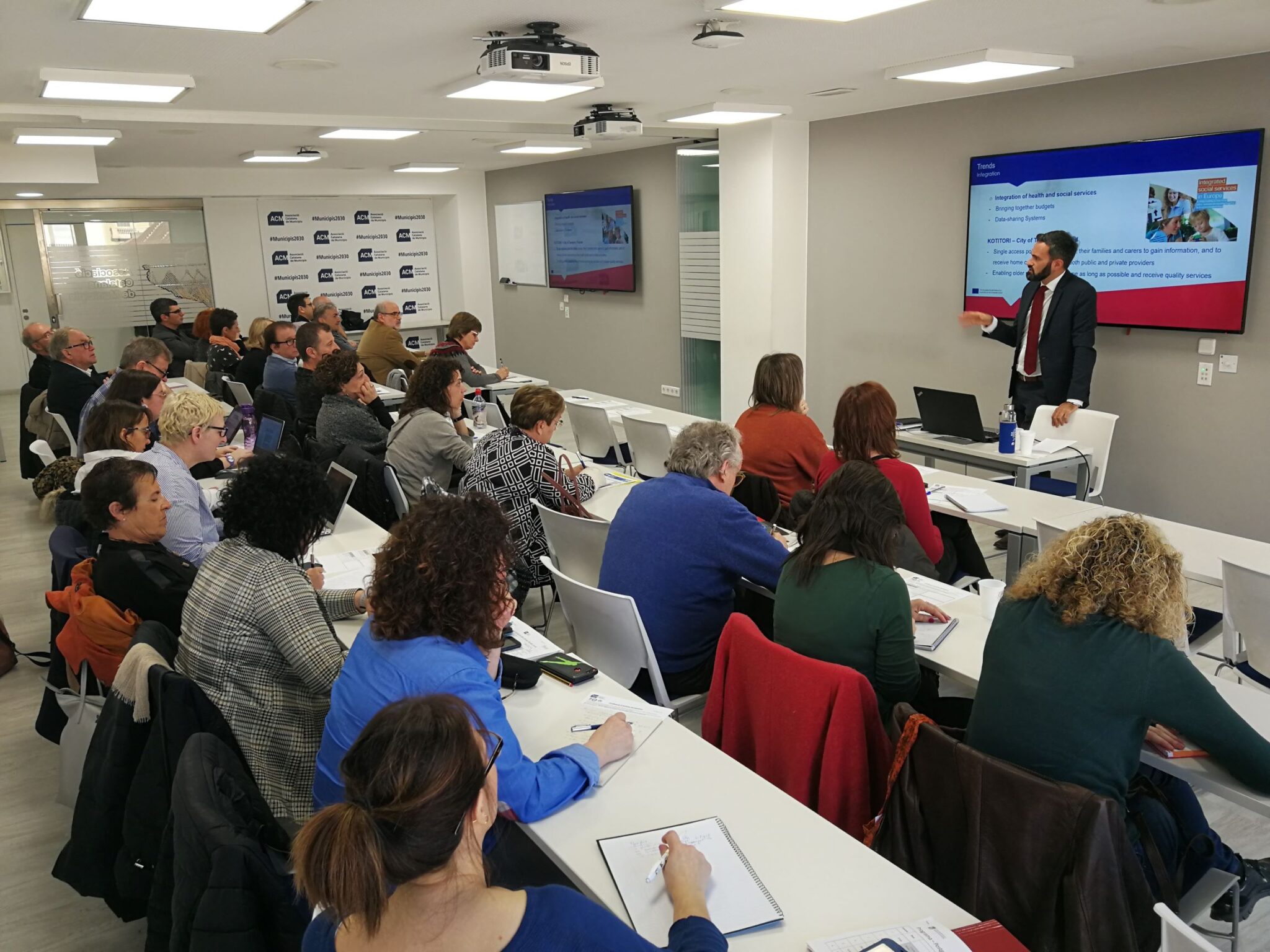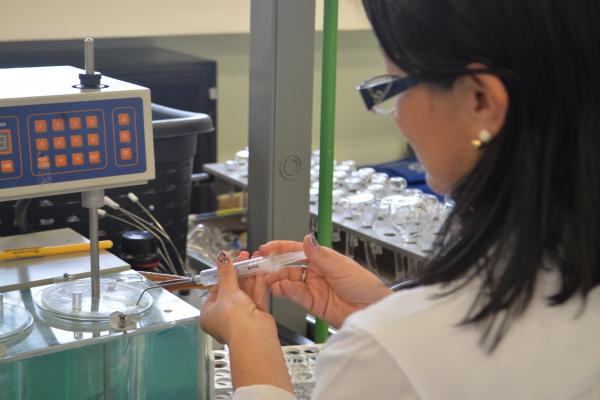WELCOME
WELCOME
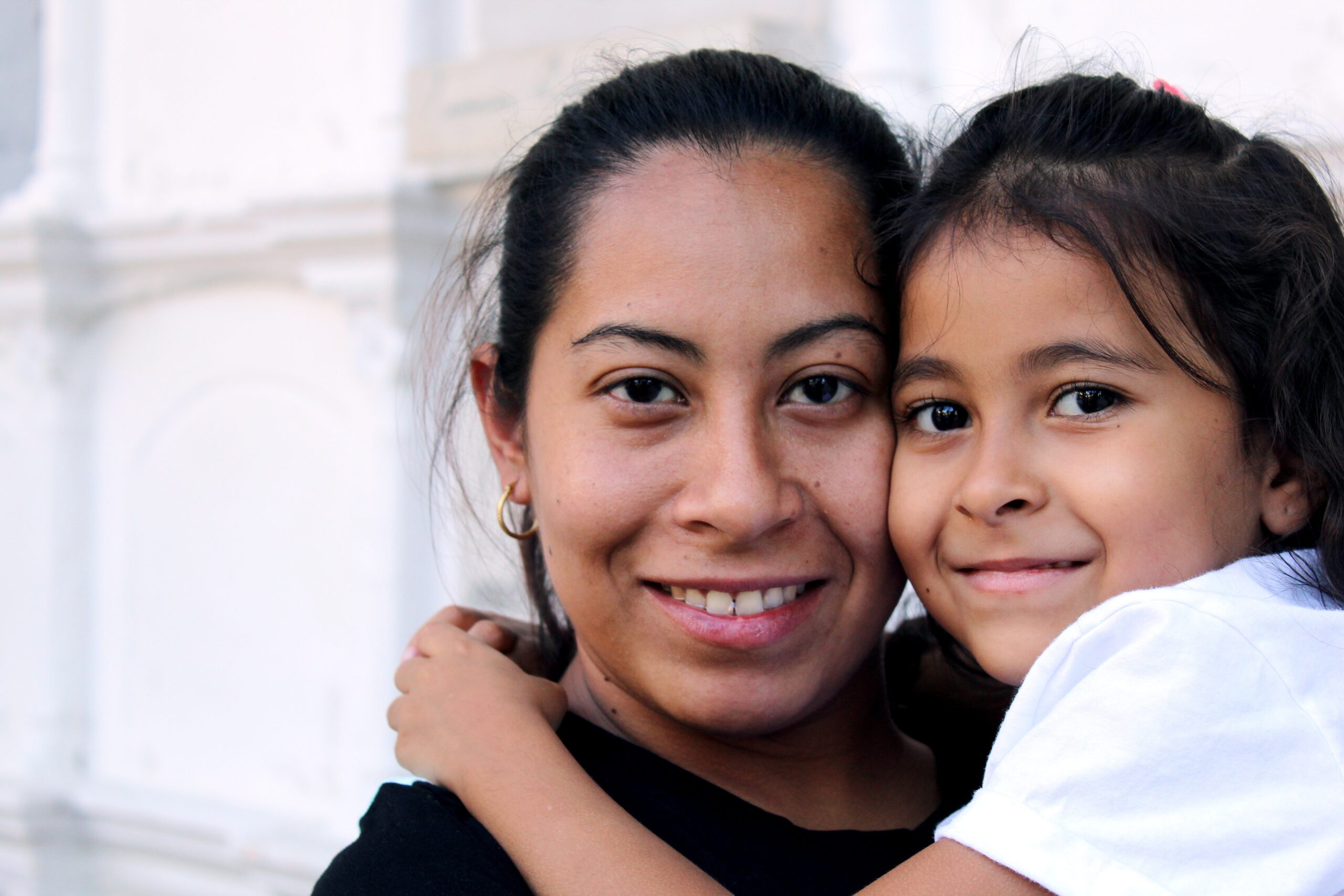
WELCOME is a project for the development of intelligent tecnologies for supportint the reception and the integration of migrants and refugees.
(2020-2023)
Project for the development of a multilingual personal assistant that responds to the needs for the reception and integration of migrants and refugees from countries in the Mediterranean and the Middle East, and at the same time assist the Public Authorities and NGOs specialized in decision-making and the management of reception policies.
WELCOME aims to offer personalized intelligent services in the languages of origin of these people in different European territories that have very intense migratory flows, one of which is Catalonia.
To alleviate the existing difficulties in the reception and integration of immigrants and refugees from countries in the Mediterranean and the Middle East, effective technologies are needed to provide personalized, psychologically and socially competent support. The general objective of WELCOME is to develop intelligent personalized services that act as personal assistants, interacting with users in a real-world or augmented environment, depending on the configuration, as well as to exchange information and negotiate the best strategy of assistance for the integration itinerary that each individual person needs, and for each decision that must be taken by the authorities and specialized entities of the recipient countries.
WELCOME will facilitate the communication with immigrants through agents of conversation and automatic translation, and will provide the public administrations with a platform for the implementation of inclusion policies in different dimensions of the reception and integration process: acquisition and delivery of information, support to decision, language and professional training and social inclusion.
Objectives
Offer personalized communication to immigrants from the Mediterranean and the Middle East that facilitate their education processes (including language learning) and cultural and social immersion in the host communities.
WELCOME will be used and innovated in the following five ICT areas:
- Interaction between agents and services geared towards supporting the decision of newcomers;
- Multilingual spoken language technologies;
- Knowledge representation, acquisition and interpretation;
- Personalized education and social inclusion through inclusive technologies;
- Strategies for supporting decision making.
Expected results
- Provide the first personalized multilingual solution for personalized reception and integration of immigrants in Europe.
- Improve the quality of the reception and integration of immigrants considerably by changing the cultural perceptions of migration and its benefits and reducing the financial costs.
- Facilitate that the Administrations have instruments to support the decision.
- Ensure a co-design process that incorporates the requirements of the various agents in the process of developing the instrument.
- Provide advanced technologies for specific aspects of enhanced person-machine interaction, which can be integrated into other business solutions.
- Open a new dimension in the use of VR / AR technologies through the use of their capabilities and the integration of the information that surrounds the migratory context in the framework of development.
- Innovate in the market of educational technologies through the use of personalized instructors linked to immersive environments
Partners
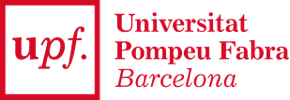

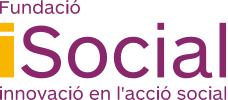












Supported by


